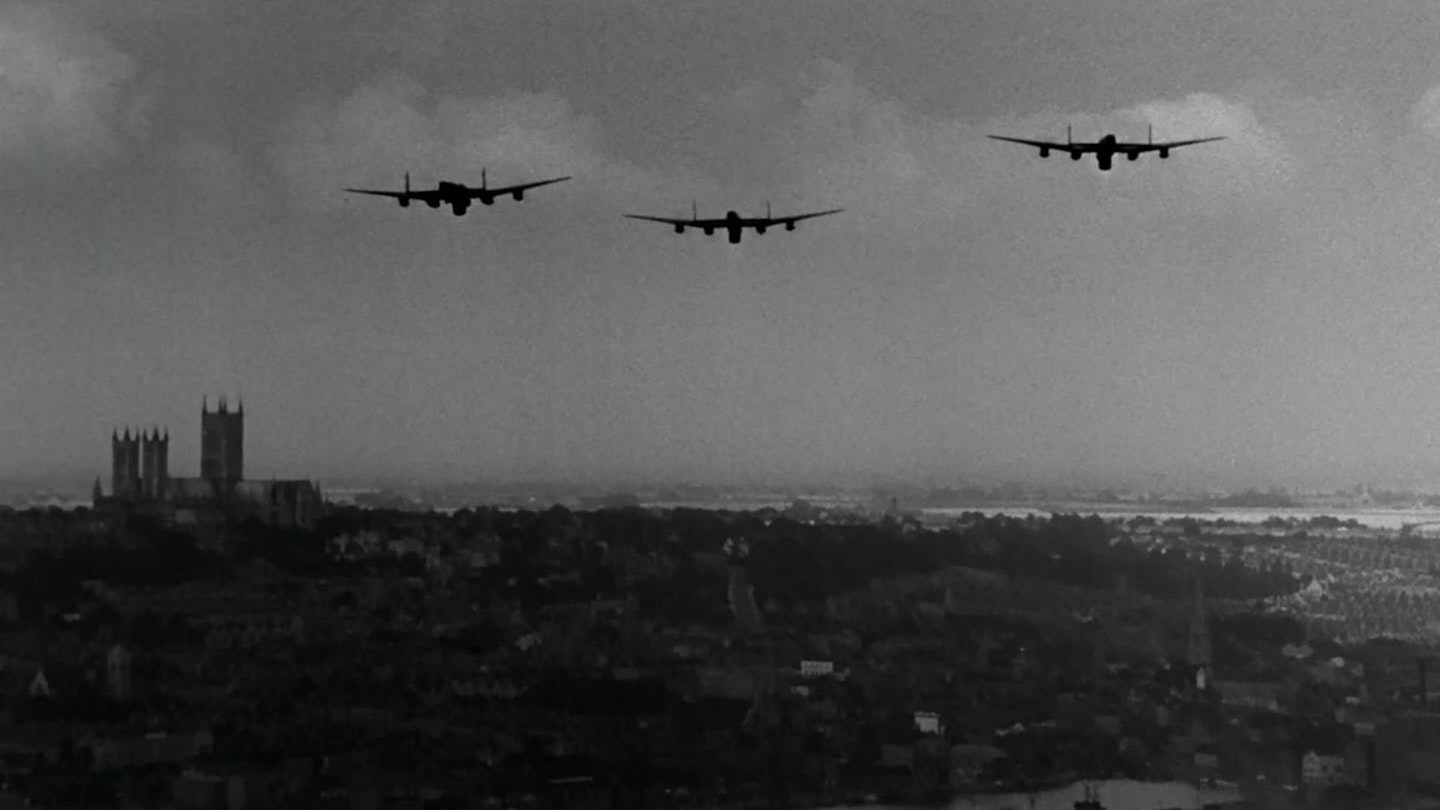Michael Anderson spent two years researching this adaptation of Paul Brickhill's eponymous bestseller and Guy Gibson's memoir, Enemy Coast Ahead. However, he shifted the emphasis away from the heroics of the 617 Squadron, which lost 56 men in the raid on Germany's industrial heartland, and on to the unsung ingenuity of the backroom boffins who kept the forces supplied with potentially war-winning weaponry.
The tone very much reflected that established during the Second World War itself, when the likes of San Demetrio, London and Fires Were Started boosted the morale of British audiences without whipping them into the flagwaving frenzy that so many Hollywood combat pictures sought to arouse. This insistence on authenticity partly explains Anderson's decision to shoot in black and white, although the clincher was the availability of original footage of the bomb tests (which was augmented elsewhere by the superb special effects, which earned Gilbert Taylor an Oscar nomination).
Mention The Dam Busters today and most people will burst into Eric Coates's famous march. But the attack on the Murnur and Aida dams only occupies a fraction of the running time. Anderson and screenwriter R.C. Sheriff (who had written that seminal study of life in the trenches, Journey's End) were acutely aware of the sacrifice made by Gibson's unit, which lost eight of its 14 planes, and paid handsome tribute in the sequences in which it trains for the mission.
However, they were more concerned with the ethical conundrum facing Barnes Wallis, who was torn between professional perfectionism, staunch patriotism and sickening guilt at the human cost his munitions would exact. Consequently, Michael Redgrave is able to give a more nuanced performance than Richard Todd, whose Gibson maintains his stereotypically stiff upper lip whether he's facing the loss of his beloved dog or the prospect of breaking bad news to the 617's loved ones.

